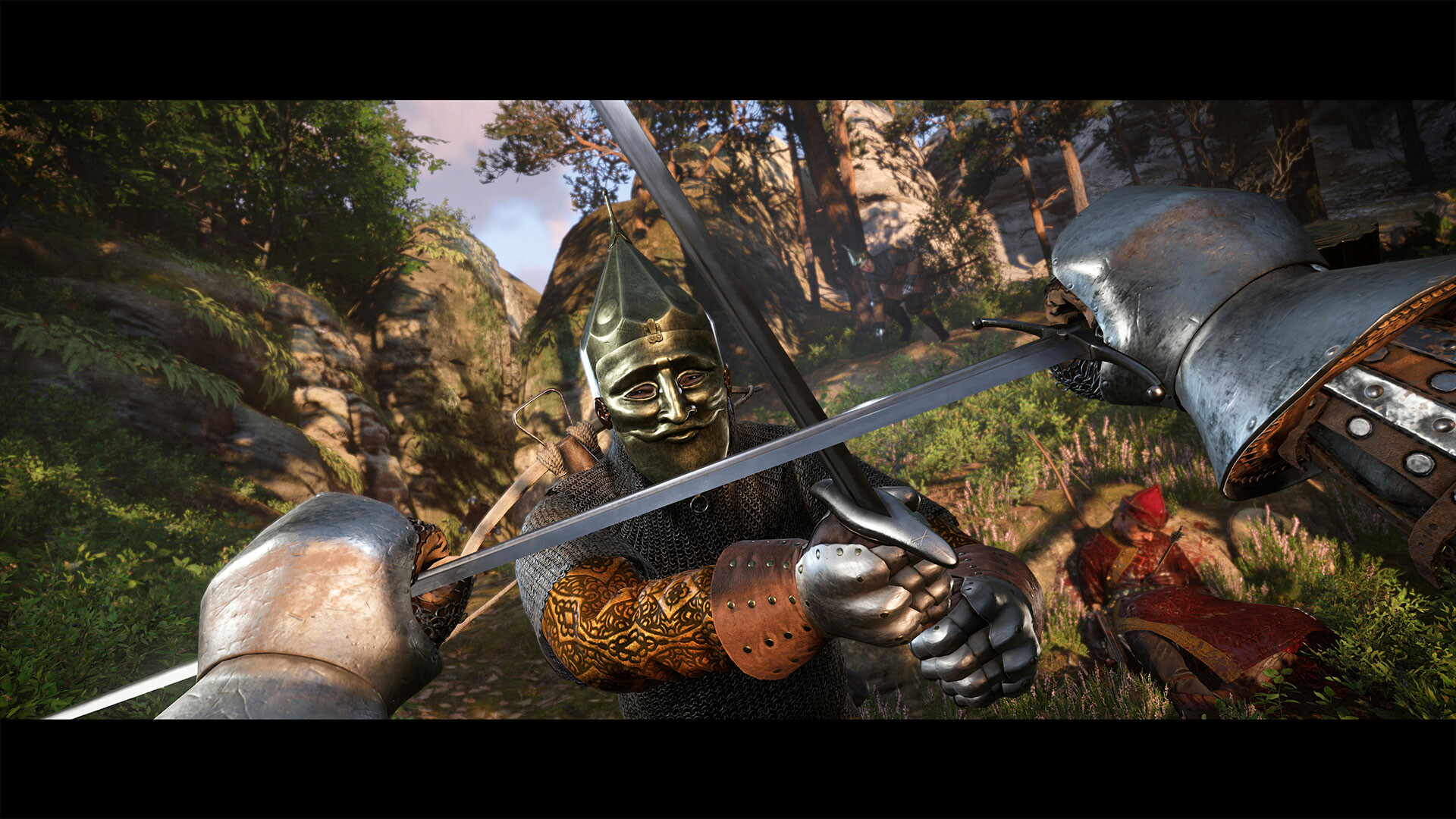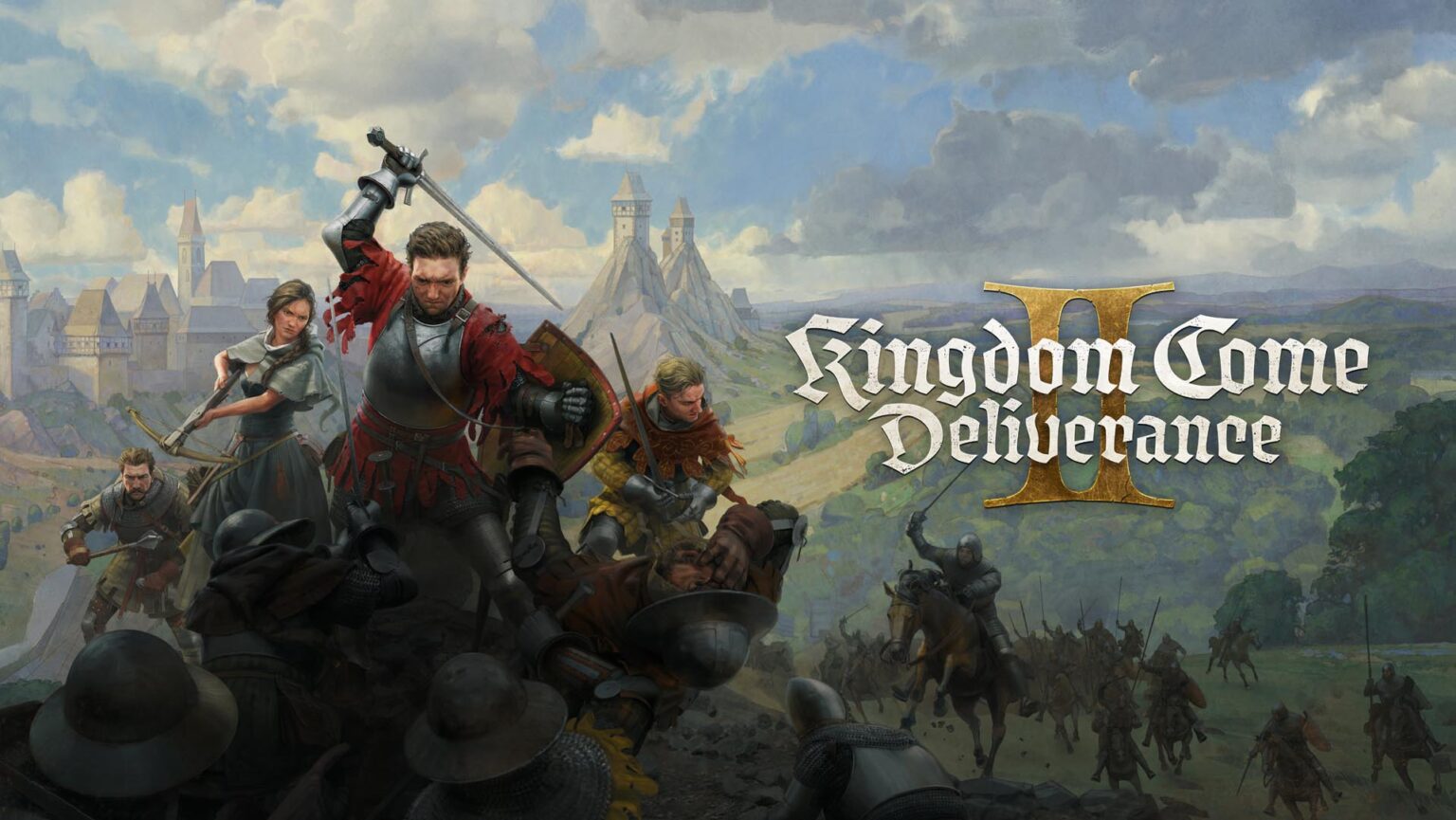Do you know what weirdly specific, niche, and typically underrepresented subgenre of games snuck up on me out of nowhere in 2024? The open world experience that almost seems to take pride in how hostile it can be to the player. The open world experience that is built on the strength of its systems and the emergent sandbox gameplay they give rise to, the open world experience that refuses to hold the player’s hand in any way, shape, or form, to the point that many may even find it outright daunting.
In the early months of last year, we got Dragon’s Dogma 2, doing exactly that, while bookending the other end of 2024, in November, was S.T.A.L.K.E.R. 2: Heart of Chornobyl, yet another unforgettable game that falls in that category. And soon, Kingdom Come: Deliverance 2 looks set to add itself to that list. Back in 2018, the original KCD earned itself a large fanbase by delivering exactly that sort of open world adventure – one that was uncompromising in its vision of complete immersion – even with its many rough edges, and now, its highly anticipated sequel is promising to build on those solid foundations, sand off many of its rough edges, and in the process craft an open world RPG experience unlike the vast majority of what the genre traditionally sticks with.
Part S.T.A.L.K.E.R., part Elder Scrolls is a description that’s long been popular for KCD, and sure enough, it looks like its upcoming sequel will fit that same mould. Set in a medieval, historically inspired European setting, the first person RPG will borrow liberally from the Bethesda Game Studios playbook where its progression mechanics are concerned, and how you choose to invest in different skills and abilities for Henry will have great impact on how your gameplay experience is tailored.
As crucial as that will be to the backbone of the experience, just as important (if not even more so) will be just how dependent on its systems and its emergent gameplay Kingdom Come: Deliverance 2 is clearly going to be. This, of course, is another area where you could argue the game borrows from the Elder Scrolls series, though honestly, KCD’s brand of emergence is quite different- in that the game leans way harder into realism, employs way more systems and mechanics that deliberately create friction, and as such, is the sort of game that could be perceived as being markedly less accessible to the casual audience.
But of course, if you were to ask fans of the first game, it is precisely those eccentricates and bizarre tendencies that give Kingdom Come: Deliverance is buckets of identity and sense of place, and a big part of why the game was as memorable as it was. Unsurprisingly, KCD2 is promising to build on all of those ideas, with some expected coats of polish and refinement here and there. Managing Henry’s hunger and fatigue, for instance, will still be an important part of the moment to moment experience, which is one of several tiny steps that the game plans to take to ground players in its world.

Combat is far from a mindless button mashing affair, and requires not only precise blocking and parrying, but also demands that you pay attention to the animations of your enemies, lest you be caught off-guard with their blows. Objects and even menus and UI items have a sort of physicality to them that makes actions feel diegetic, removing abstractions wherever possible. Even something like saving, for instance, isn’t as straightforward as you’d expect, with limited potions instead being the currency that is needed to save your progress, in a returning (if slightly modified) version of the first game’s save system. So yes, if you run out of saving potions and should happen to die in combat (which, if KCD2 is anything like the first game, is going to happen quite a bit), you could lose a good chunk of progress.
On one hand, if someone were to find such tendencies offputting in a game, you wouldn’t necessarily be able to blame them. At the same time, games that deliberately create friction to heighten the sense of immersion and create a much more dynamic and lively open world experience tend to be very uniquely memorable, especially if they are done well. I started this piece off by talking about how Dragon’s Dogma 2 and S.T.A.L.K.E.R. 2 both left a strong impression on me precisely because they delivered that brand of punishing and emergent open world gameplay, so sure enough, KCD2’s promise of an epic RPG adventure defined by similar sensibilities is an enticing one.
In fact, the game’s purported emphasis on choice and consequence mechanics could make it even more of a champion for that style of game. After all, this is yet another area where the upcoming sequel is promising notable improvements on its predecessor’s framework, whether that’s in the form of NPCs being more reactive to your actions, dialogue choices seemingly having greater weight and informing conversations and their outcomes more noticeably, or what have you. Admittedly, the list of games that have promised meaningful choice and consequence mechanics and then failed to deliver on them is a long one, and only grows longer with time. Then again, KCD was no damp squib in this department, and based on what’s been shown of the game so far, there’s every reason to believe that Deliverance 2 will indeed offer meaningful improvements on the first game.
So we hope, at least- because if it can indeed let players shape their journeys and stories with decisions that actually impact the story in tangible (and, just as importantly, interesting) ways, that’s going to make the sense of ownership over the game’s world feel that much stronger. That sense of ownership is what emergent, systems-driven sandboxes thrive on first and foremost, after all, because there’s nothing quite as captivating as a game that lets you mess with its systems to bend its open world to your will (or brutally die trying, if nothing else). If KCD2 can combine that with meaningful, weighty player choice mechanics in other areas, that would elevate it to entirely new heights.
Going into any game with expectations that high an be a risk in and of itself, but the original Kingdom Come: Deliverance, with all of its flaws and warts and what have you, did provide a solid platform for potential sequels to continue building on. The imminent KCD2 looks set to be doing just that, so it’s no surprise that excitement surrounding its looming release is continuing to build. The historical first person action RPG is promising to be a bigger and better sequel in all the right ways, which is a good direction for any sequel to be headed in as it is. But when the sequel in question is building on one of the most unique open world experiences of the last decade, you can imagine how much more exciting of a prospect that sequel becomes. One can only hope that Kingdom Come: Deliverance 2 lives up to that promise, because the potential here is immense.
Note: The views expressed in this article are those of the author and do not necessarily represent the views of, and should not be attributed to, GamingBolt as an organization.
